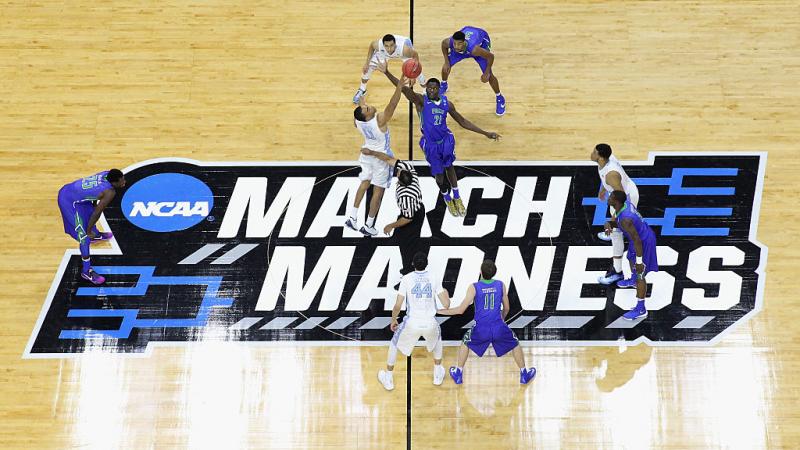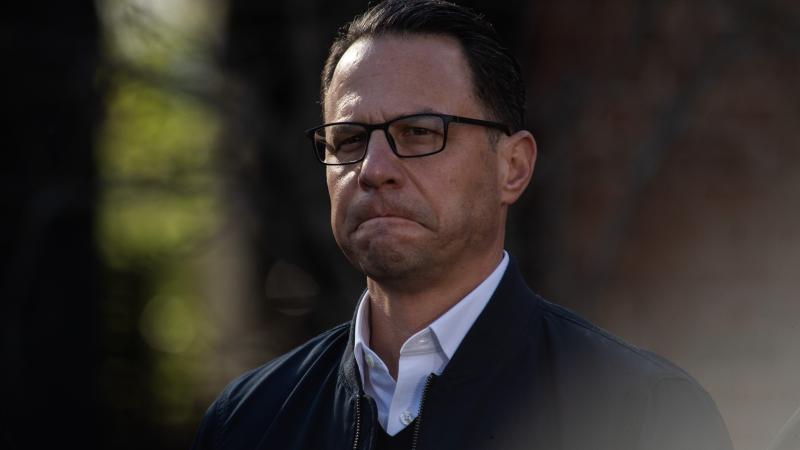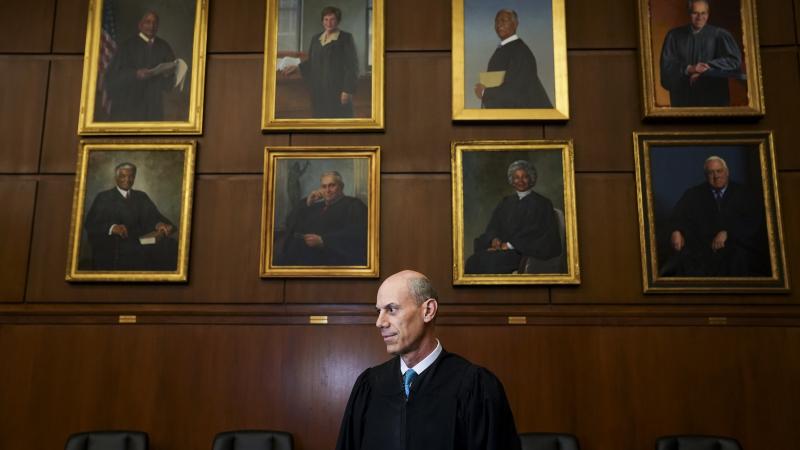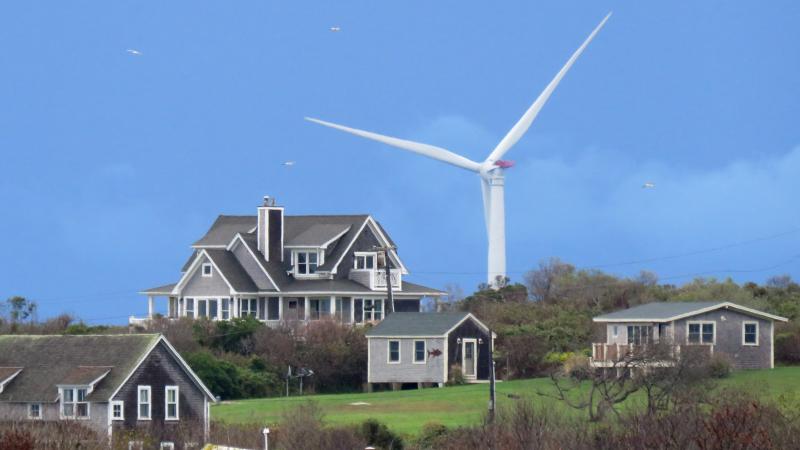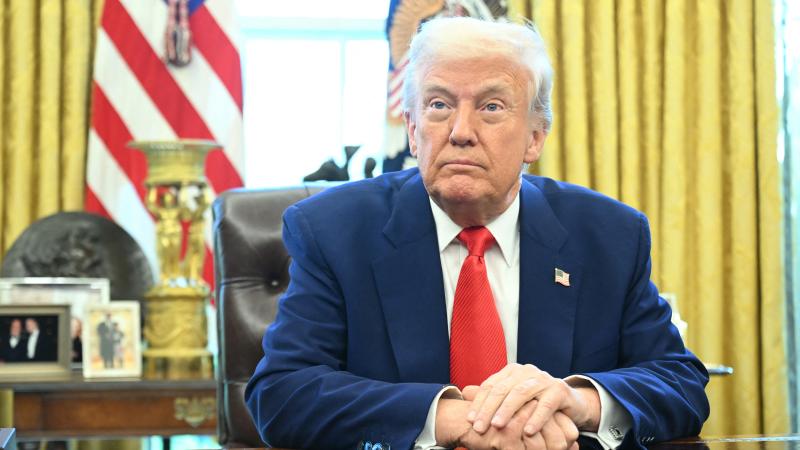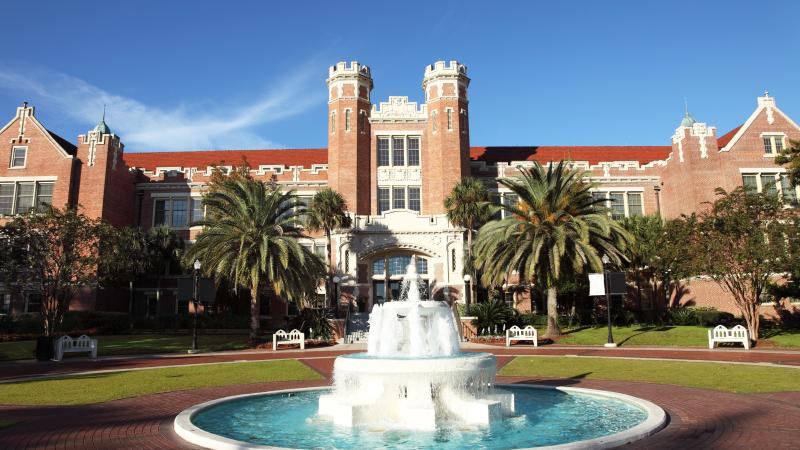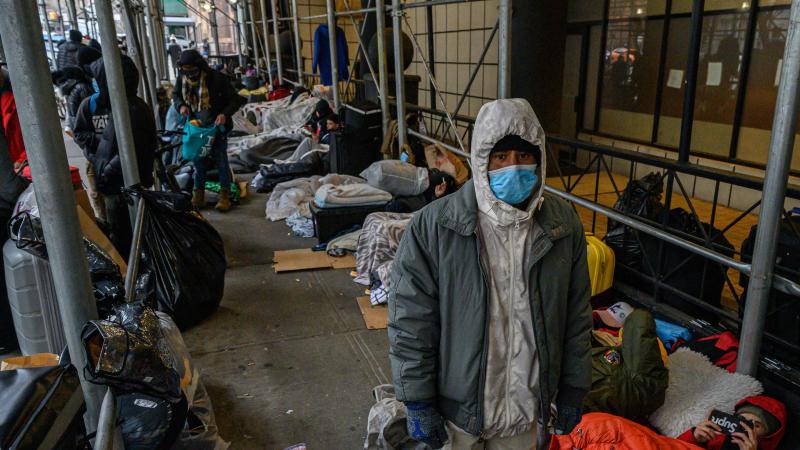Tech and MAGA worlds clash over visa program, spurring questions about US education
Senior Trump adviser Stephen Miller has been a big advocate for restrictive immigration, as well as restrictions on H-1B visas. Others see the visas as necessary until the "home-grown" talent pool can match the ones overseas.
Over Christmas break, a debate erupted among Trump supporters about American culture, immigration, education and how the H-1B visa program does or does not benefit the United States.
The conversation started when former GOP presidential candidate Vivek Ramaswamy posted Thursday that the main reason tech companies hire foreign-born and first-generation engineers over “native” Americans is due to American educational culture and a lack of striving excellence, but instead promoting mediocrity.
"A culture that celebrates the prom queen over the math olympiad champ, or the jock over the valedictorian, will not produce the best engineers," Ramaswamy wrote in a lengthy post on the social media platform, X.
"This can be our Sputnik moment," his post later continued. "We’ve awakened from slumber before & we can do it again. Trump’s election hopefully marks the beginning of a new golden era in America, but only if our culture fully wakes up. A culture that once again prioritizes achievement over normalcy; excellence over mediocrity; nerdiness over conformity; hard work over laziness."
Ramaswamy's post led to a debate about American culture, the education system and specifically, the H-1B visa program and whether or not the U.S. has benefited from it. The H-1B visa is a nonimmigrant visa that allows employers in the U.S. to employ foreign workers for a period of time for specialty occupations.
Some of the companies that sponsor the most H-1B visas include Apple, Google, Microsoft and Amazon, according to Built In.
"American people first."
Senior Trump adviser Stephen Miller has been a big advocate for restrictive immigration, as well as restrictions on H-1B visas.
Miller had influence on a bill that would have proposed major restrictions on the visas such as requiring applicants to work abroad for at least 10 years, according to The Times of India.
Ramaswamy's remarks led to some in the "Make America Great Again" camp arguing that the H-1B Visa which was part of the Immigration Act of 1990, should be done away with and the priority should be training American workers for the job.
"America First means the American people first," Human Events editor Jack Posobiec wrote on X. "We are not vaccine first. We are not tech company first. We are not military industrial complex first, no, we are American people first."
The conversation later diverged to the American education system and discussed whether or not it is preparing students for careers in tech and coding.
Boosting America's STEM education
"In order to go forward we must change our education system, create a culture that respects hard work and productivity, cut government waste/spending/regulations in order to produce a healthy robust economy that lowers inflation and pays higher wages to an American workforce, so that H-1B is no longer needed and can be done away with," Congresswoman Marjorie Taylor Greene wrote on the social media platform, X.
According to a report from February of this year, America is currently facing an illiteracy crisis in the field of STEM and data education. Math scores for 15-year-old U.S. students dropped 13 points on the global scale in 2023, according to The Hill.
The Society for Human Resource Management said in a press release that the U.S. must “boost STEM education to be prepared for the nearly 3.5 million STEM jobs that need to be staffed by 2025.”
Former presidential candidate Robert F. Kennedy Jr. 's running mate Nicole Shanahan said that blaming the culture for why the U.S. isn't performing well in tech is insulting.
"I take issue with some of the discourse I've read online today suggesting 'lazy American culture' is the main driver for why we need to continue the H-1B program," Shanahan said on X. "Let's be real: tech companies getting massive breaks on cheap labor at the expense of the American way of life is predatory. Blaming our culture for why American STEM grads won’t take underpaying jobs is ridiculous and insulting."



